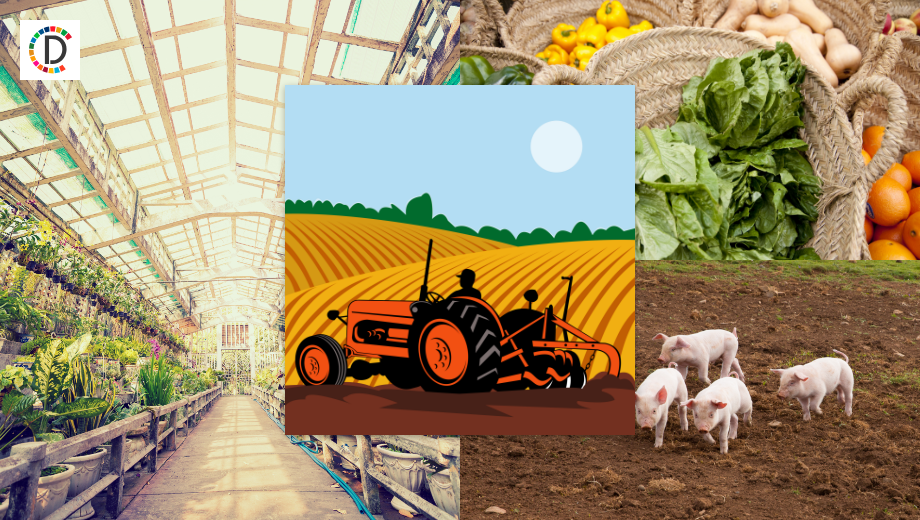Indigenous Farming: A Beacon of Sustainability Against Brazil's Greenhouse Gas Emissions
Indigenous communities in Brazil, such as the Guarani and Kaiowá, are reclaiming degraded lands and increasing food production with government support. A subsidy programme allows them to sell crops to the government, promoting sustainability and preserving natural resources, despite political opposition to recent land reoccupations.

In the heart of Brazil's Midwest, Indigenous communities like the Guarani and Kaiowá are transforming reclaimed lands into productive farmland. With government subsidies, they're pioneering sustainable agriculture, challenging the nation's deforestation-driven industries.
Farming on retaken territories, once pounded hard by cattle herds, Guarani and Kaiowá are sowing a path towards sustainability. The land, enriched with traditional techniques, now yields crops sold to the government without legal land titles.
This innovative model, part of Brazil's Food Acquisition Programme, supports vulnerable communities and slows environmental degradation. Yet, Congress' resistance threatens these efforts, as proposed laws aim to reverse Indigenous land reoccupations.
(With inputs from agencies.)










